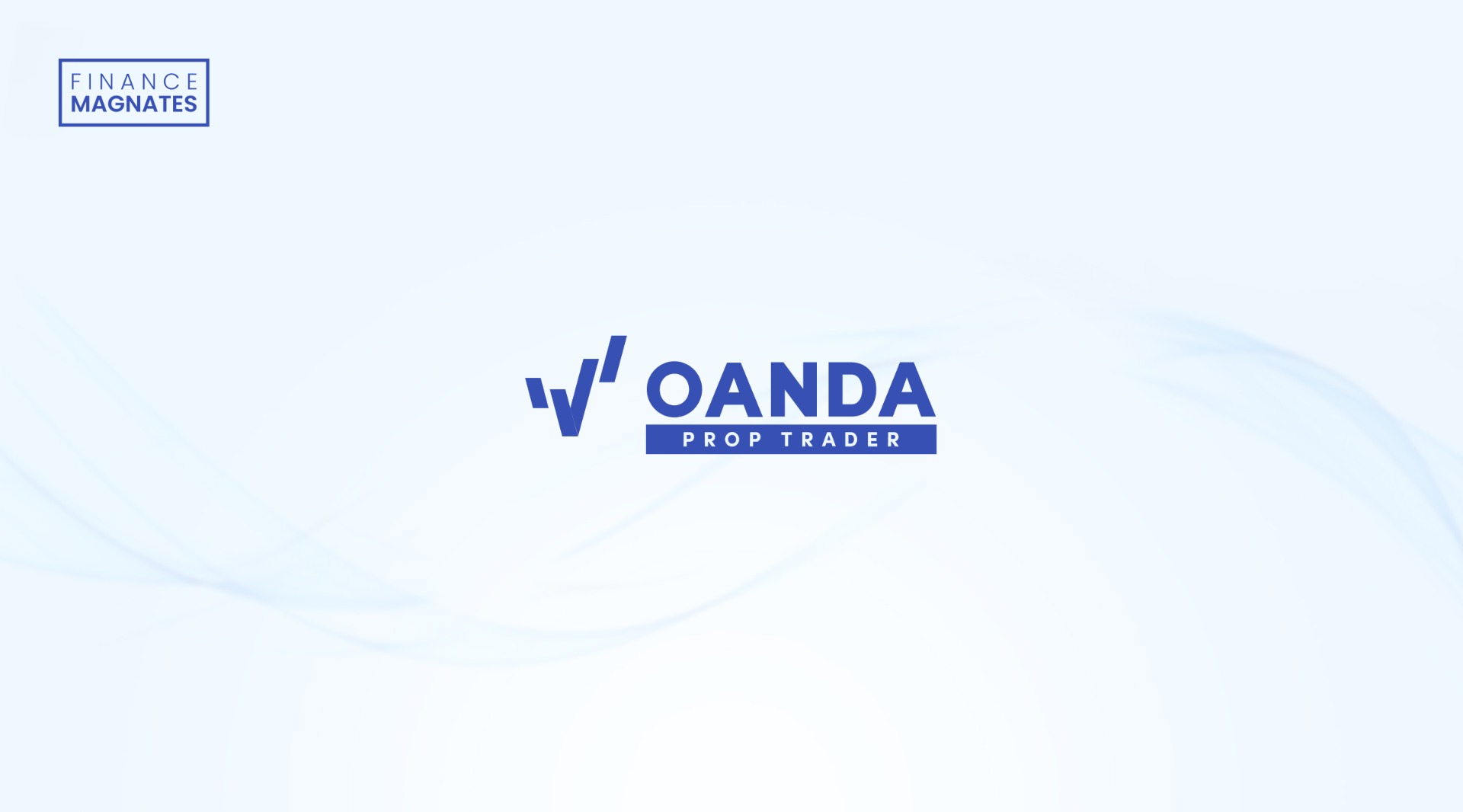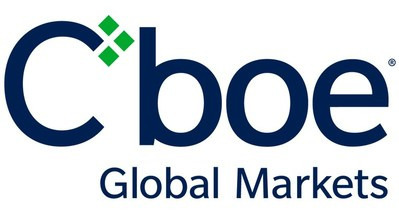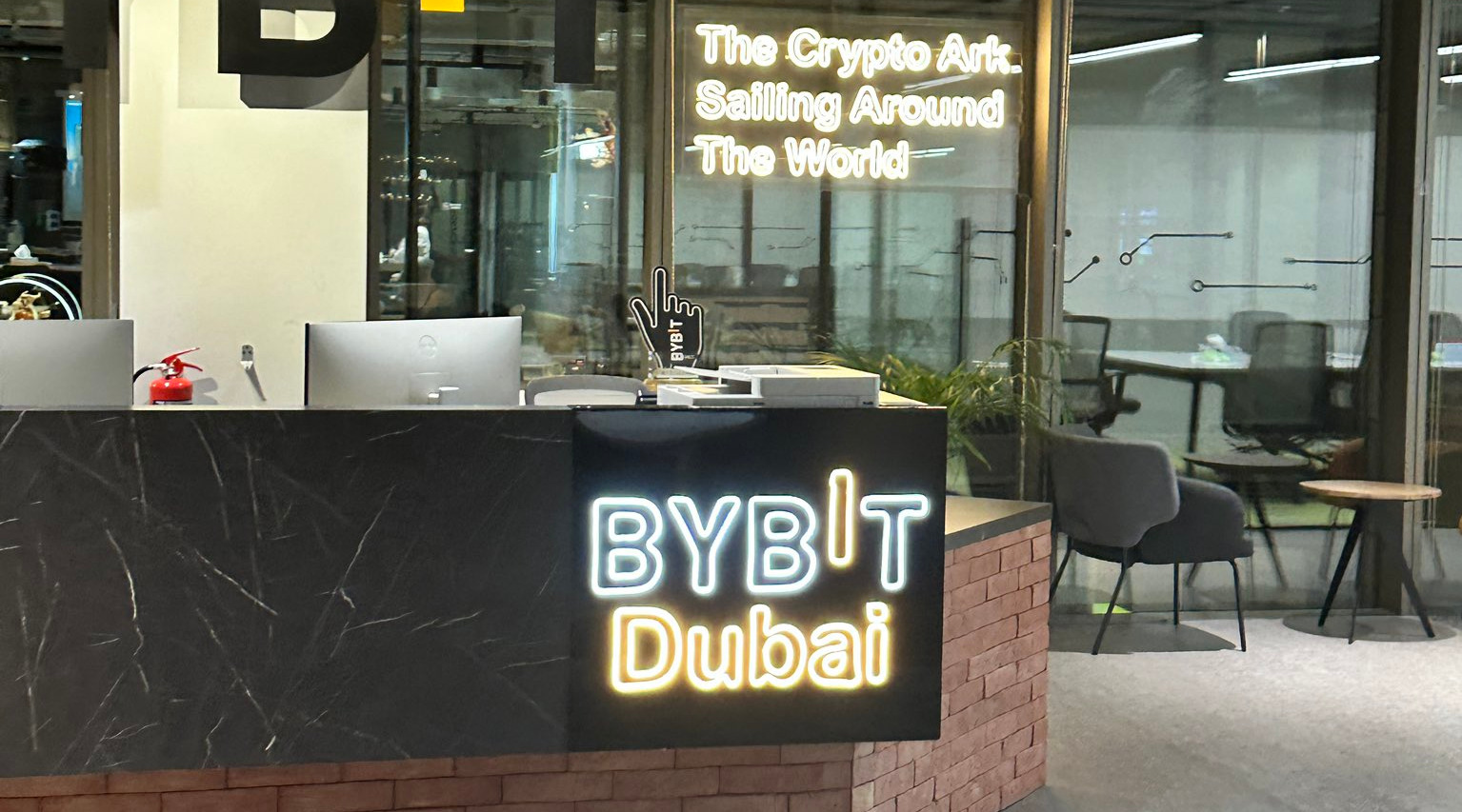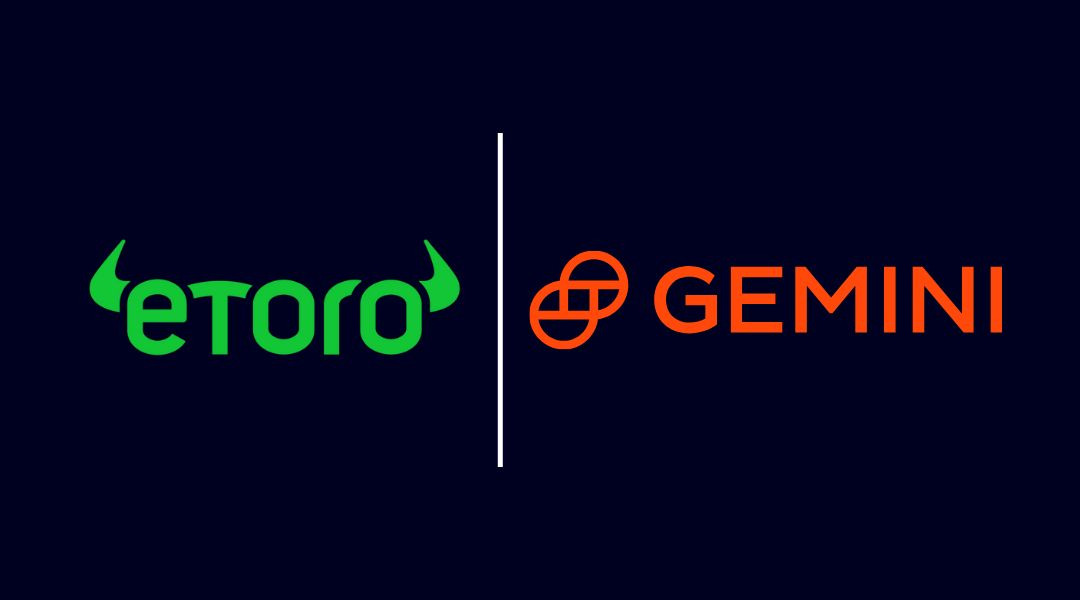OANDA Prop Trader, OANDA's prop trading offering, is now launching in South Africa. The OANDA Prop Trader program allows self-directed traders to become signal providers for OANDA’s proprietary trading business. This is done on a profit-sharing basis.
OANDA Challenge Hits South Africa
To join the program, traders must purchase and complete a Challenge. The Challenge tests their ability to generate profits and manage risk. Successful completion qualifies them to become signal providers.
South African traders who complete the Challenge can earn up to 90% of the profits they generate. They can pay for the Challenges using credit cards, debit cards, and cryptocurrencies .
OANDA's Prop Trader program is already available to residents in countries serviced by OANDA’s Global Markets division. This division is authorized and regulated by the Financial Services Commission of the British Virgin Islands. The launch in South Africa is significant. It allows more skilled traders with limited capital to participate in the financial markets.
Prop trading is growing in popularity despite controversies. Reputed brokers like OANDA, Axi, and Hantec Markets are entering the field, offering prop trading services alongside traditional brokerage services. These firms typically provide prop trading through offshore regulated entities.
Earlier, OANDA's Head of Emerging Markets told Finance Magnates in an interview that "the prop firm industry has the potential to outgrow the traditional FX/CFD industry because it is more accessible, has lower barriers to entry, such as upfront fixed fees, and involves limited downside risk."
Adding Crypto Payments
Finance Magnates reported earlier that OANDA Prop Trader now allows traders to pay for challenges with about two dozen cryptocurrencies, including Bitcoin, Ethereum, Litecoin, Binance Coin, TUSD, USDC, and USDT, as well as meme coins like DOGE and SHIB.
Launched earlier this year under the name OANDA Labs Trader, the service was rebranded to better align with its offerings. Qualified traders on the platform are treated as signal providers, with OANDA's proprietary models using these signals to guide market positions.
The capital in funded accounts is virtual, but real market positions will be taken based on the traders' signals, putting OANDA's proprietary capital at risk.


















